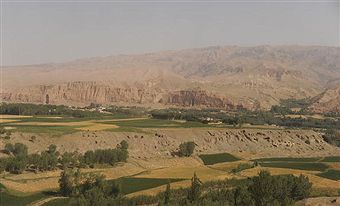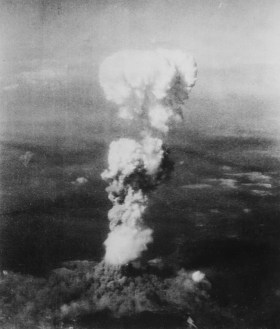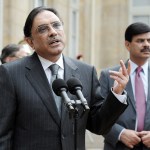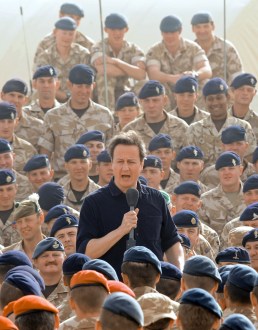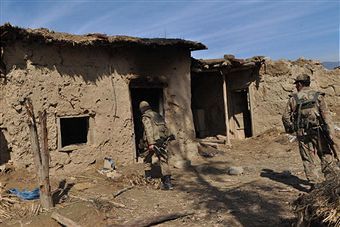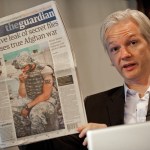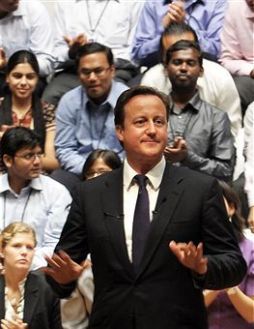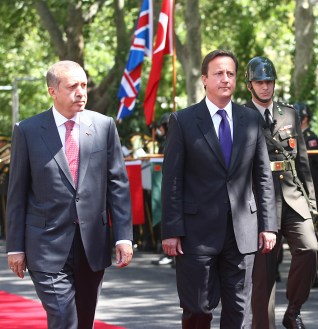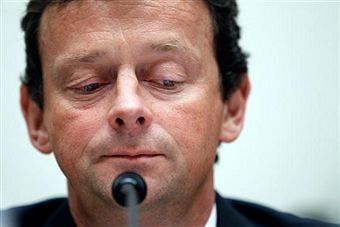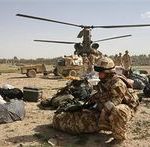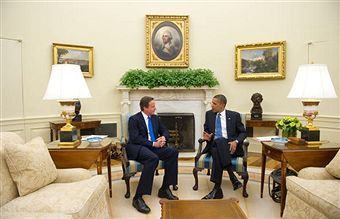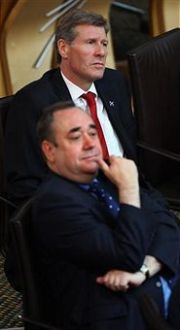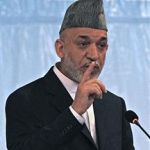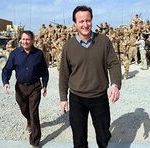Progress in Afghanistan?
The Times (£) is reporting that ISAF has made a significant progress in pacifying the death circle around Sangin. The key, it seems, is driving a wedge between the tribal insurgents and religious insurgents foreign to Helmand: ‘British commanders believe that they are close to achieving a significant tribal uprising against the Taleban that could lead to the reintegration of hundreds of insurgents fighting around Sangin, the most dangerous place in Afghanistan. The number of violent incidents in Sangin has fallen by about 80 per cent in the past month. British commanders believe that this is partly the result of tribal leaders delivering on a promise to restrain tribal elements
